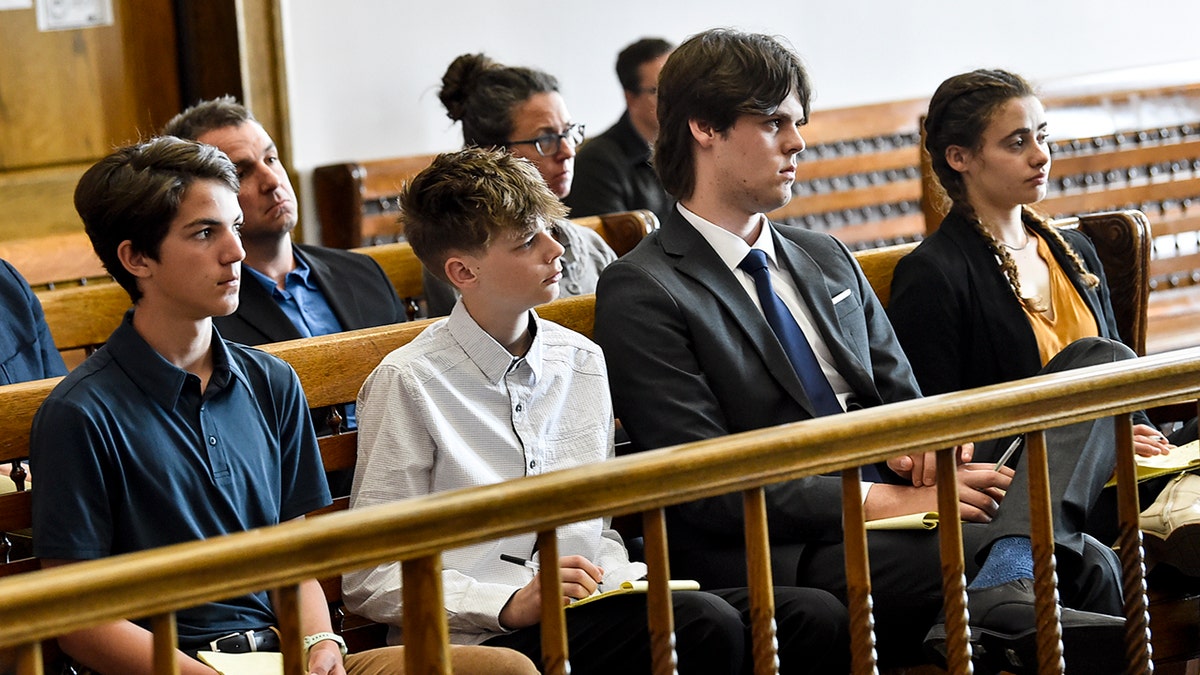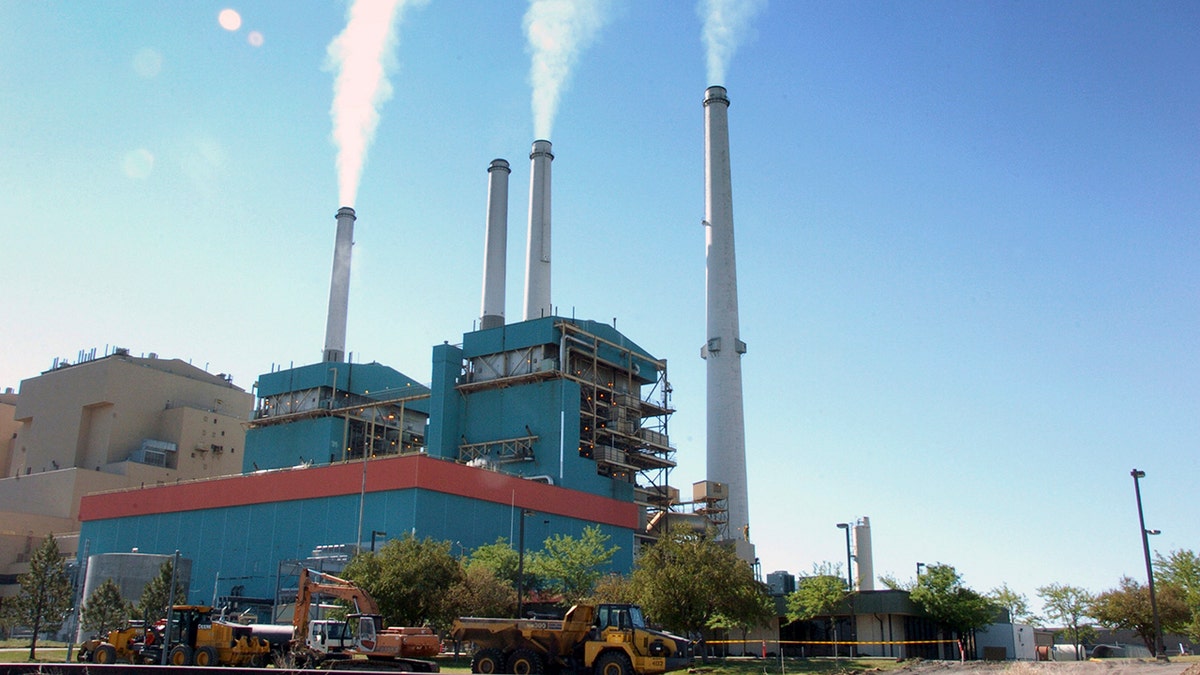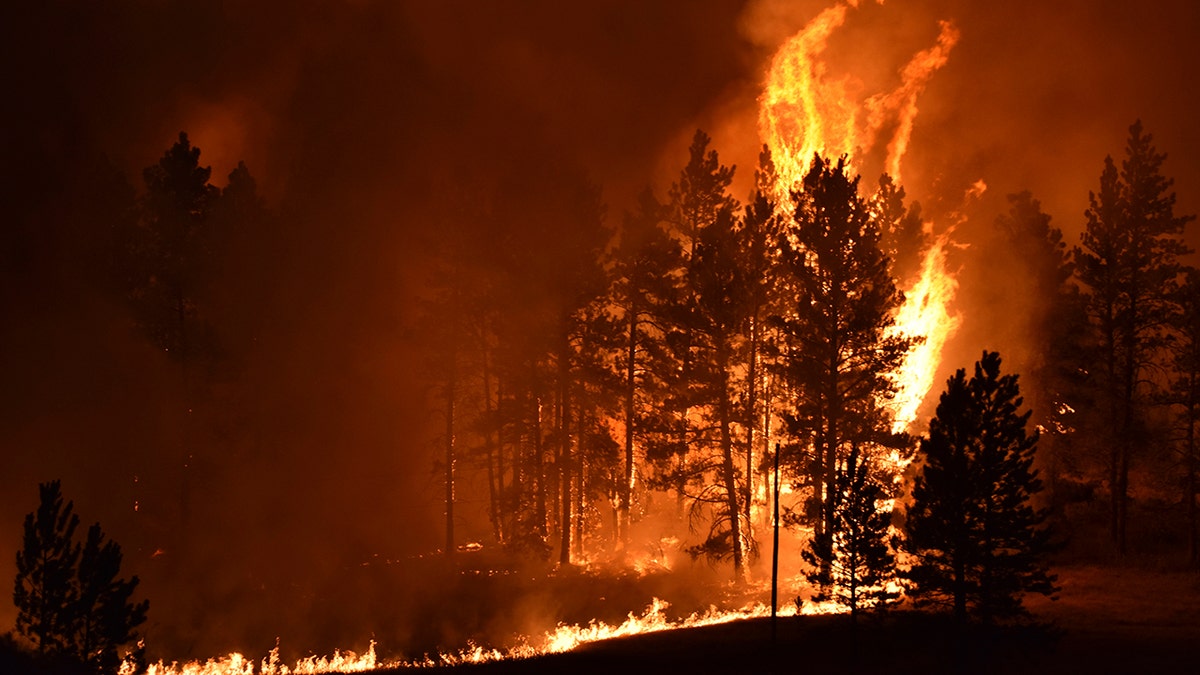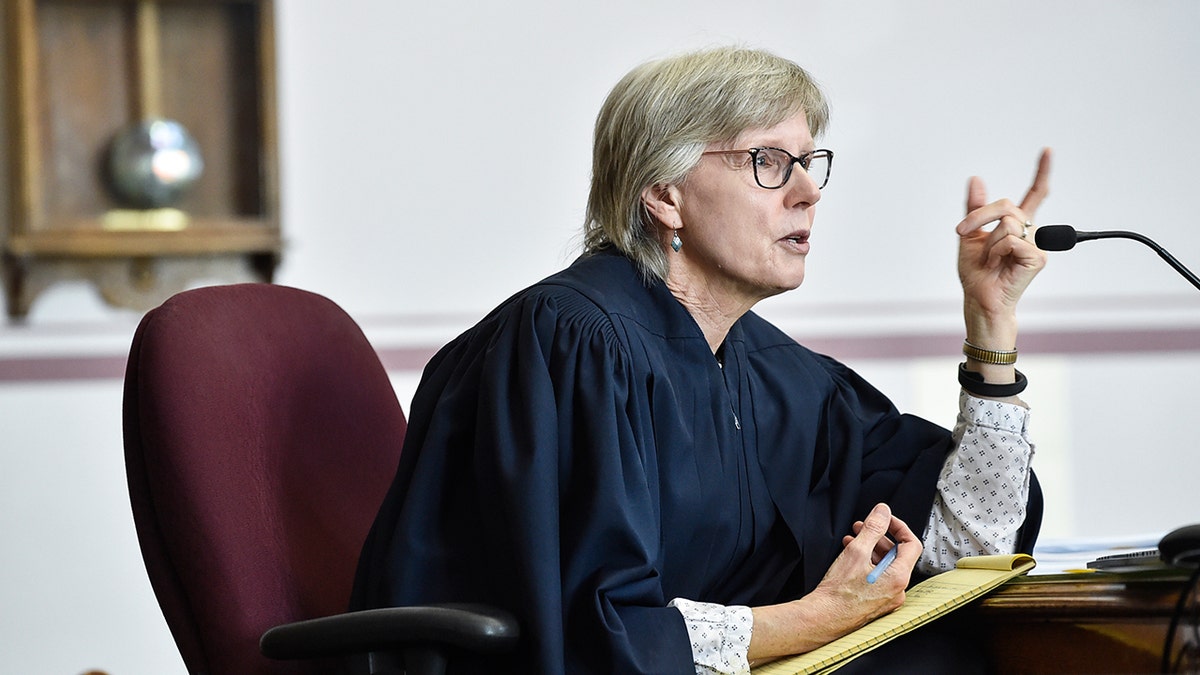A groundbreaking two-week trial commences Monday in Montana, where 16 young individuals, aged 5 to 22, are suing the state government. They allege that Montana has neglected its constitutional duty to safeguard its citizens from the detrimental effects of climate change. The state's constitution mandates maintaining a clean and healthy environment, a provision the plaintiffs argue is being violated by the state's ongoing support for fossil fuel development and insufficient action against escalating wildfires and drought.
This case carries significant weight, as legal experts believe a ruling in favor of the plaintiffs could establish a precedent for similar lawsuits in other states with comparable environmental clauses in their constitutions, including Pennsylvania, Massachusetts, and New York. Previous climate-related lawsuits in numerous states have been unsuccessful, making this trial a focal point for environmental advocacy groups.

The young plaintiffs contend that Montana officials are not adequately addressing the issue of planet-warming emissions, instead prioritizing the expansion of oil, gas, and coal projects. They further assert that the state's efforts to combat worsening wildfires and mitigate drought, which threaten agriculture, wildlife, and recreational resources, are inadequate.


Conversely, the state argues that fossil fuel investments are crucial for job creation, tax revenue, and meeting residents' energy demands. They also maintain that Montana's contribution to global greenhouse gas emissions is negligible and that extreme climate events have always occurred. This trial unfolds as recent data reveals atmospheric carbon dioxide levels are at their highest in over four million years, further intensifying the debate around climate change and governmental responsibility.

Presiding Judge Kathy Seeley has stated that while she cannot dictate how the legislature should address any potential violations, she could rule in favor of the young environmentalists. This case has garnered significant attention due to its potential implications for future climate litigation across the nation.
Comments(0)
Top Comments